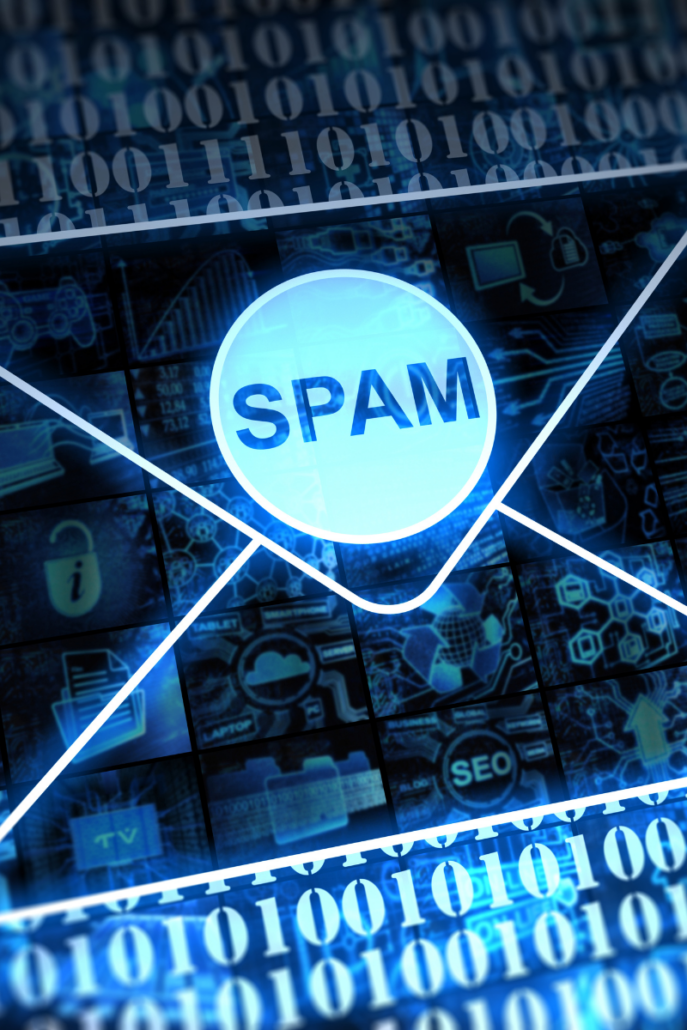Maximizing Your Email Marketing ROI with Data-Driven Strategies
Email marketing cuts through the noise in an age where consumers are inundated with content. With 77% of marketers reporting increased email engagement over the past 12 months, it’s clear that email remains a highly valuable direct communication channel for businesses to connect with their audience and drive conversions.
With the rise of data-driven marketing and sophisticated targeting tools, the ROI potential for email campaigns is more significant than ever. In this blog, we will explore the importance of having the right email marketing strategy and offer insights on maximizing their efficiency. Here’s what you need to know.
Why Email Marketing Matters
Email marketing is a powerful tool for businesses aiming to connect with their audience, drive engagement, and see a strong return on investment (ROI). Unlike other marketing channels, email offers a direct line to your customer’s inbox, enabling the delivery of personalized, targeted content at the right moment. It remains one of the most cost-effective digital marketing strategies.
However, its value extends beyond numbers. It helps businesses build stronger, long-term relationships with their customers. Personalized campaigns, informed by data and customer insights, have been proven to improve engagement, boost brand loyalty, and drive repeat purchases.
Moreover, with the rise of automation and sophisticated targeting tools, email marketing has become even more effective. Businesses can now segment audiences based on behavior, preferences, and purchase history, ensuring their messages are relevant and timely. This level of personalization not only increases open rates but also drives higher click-through rates and conversions.
The Keys to High-Roi Email Marketing
While email marketing offers one of the highest returns on investment (ROI), achieving that success requires more than just sending promotional emails. The most effective email campaigns are built on thoughtful planning, data-driven insights, and consistent optimization. From understanding your audience’s needs to crafting personalized, timely messages, high-ROI email marketing is about delivering value at every stage of the customer journey.
1. Personalization and Segmentation
Personalized emails are far more likely to resonate with your audience and drive higher conversion rates. Whether it’s using the recipient’s name in the subject line or tailoring the content to match their interests, personalization makes your emails feel more engaging. Effective segmentation—based on user behavior, demographics, or purchase history—is also crucial. By targeting specific audience segments, you increase the relevance of your messages, significantly boosting engagement and conversion potential.
2. Creating Effective Content
Your email content should always provide value to your audience, whether it’s through sharing industry insights, product updates, exclusive offers, or helpful tips. Your content must be clear, concise, and compelling to help engage readers. Every word and image should serve a purpose, guiding your audience toward the desired action—clicking a link, purchasing, or signing up for a webinar. One key to success is ensuring your content aligns with your audience’s interests and needs. By leveraging data from previous interactions or purchases, you can create hyper-targeted content that speaks directly to them.
3. Clear Calls to Action (CTAs)
A well-designed email campaign needs a clear call to action (CTA). It’s important to make your CTA bold and visually distinct from the rest of the email content, drawing the reader’s eye immediately. The language you use in your CTA is equally critical. Action-oriented phrases such as “Shop Now,” “Learn More,” or “Download Today” are more effective than generic phrases like “Click Here.” The clearer and more direct your CTA, the more likely your audience will follow through. Additionally, placing CTAs in strategic locations, such as at the top of the email for immediate visibility and again at the bottom for reinforcement, can help increase conversion rates.
4. A/B Testing and Optimization
A/B testing is a critical component of any high-ROI email marketing strategy. You can determine what resonates most with your audience by testing different elements of your email campaigns. This includes subject lines, design layouts, calls-to-action (CTAs), images, and send times. Small adjustments—such as changing the wording of a subject line or tweaking the color of a CTA button—can significantly improve overall engagement. Effective A/B testing allows you to experiment with various hypotheses and make data-backed decisions to refine your campaigns. By analyzing the results, you can identify which approach drives higher engagement and apply that to future emails.
5. Automation for Efficiency
Email automation allows you to engage with your audience at scale without sacrificing personalization. Automated workflows—like welcome emails, abandoned cart reminders, and post-purchase follow-ups—enable you to nurture leads and build customer relationships efficiently. Onimod Global’s team builds and optimizes these automated workflows to ensure that every step of the customer journey is strategically planned and executed, maximizing engagement and conversions.
Going Ham on Spam
To keep your email marketing campaigns out of the spam folder, follow these best practices:
- Build a Clean, Permission-Based List: Only send emails to recipients who have opted in. Avoid purchasing email lists, as unsolicited emails are more likely to be marked as spam.
- Use a Recognizable Sender Name and Email Address: Recipients are more likely to engage with emails from a sender they know. Ensure your “From” name and email address are consistent and easily recognizable.

- Craft a Clear, Relevant Subject Line: Avoid spammy language like “Free,” “Limited Time Offer,” or “Act Now!” Use concise, relevant subject lines that match the content of your email.
- Avoid Heavy Use of Images and Large File Sizes: A balanced text-to-image ratio ensures that your emails don’t trigger spam filters. Avoid embedding videos or large attachments, which can raise flags.
- Authenticate Your Email Domain: Use authentication methods like SPF, DKIM, and DMARC to validate your email and demonstrate its legitimacy to email providers.
- Provide an Easy Way to Unsubscribe: Always include a visible, simple way for users to opt-out. A frustrated recipient is more likely to mark your email as spam.
- Test Before Sending: Run your emails through spam-checking tools to ensure there are no issues with your content, links, or format that might land you in the spam folder.
By following these tips, you can significantly reduce the chances of your emails being flagged as spam and increase deliverability rates.
Emails as Unique as Your Brand
Measuring Your Email Marketing Success
Email marketing is data-driven, which means you can track and measure the performance of every campaign in real time. Metrics such as open rates, click-through rates, and conversion rates provide insights into what’s working and needs improvement. At Onimod Global, we prioritize data-driven strategies. Using advanced segmentation tools, we help ensure each email is precisely personalized and perfectly timed. Doing so can help deliver the right message to the right person at the right moment.
Our team provides detailed reports on every campaign to uncover trends and optimization opportunities. We utilize advanced tools to segment performance metrics by audience, time, and engagement level, enabling us to identify which elements drive success and which need adjustment.
Additionally, we continuously test different strategies—whether tweaking subject lines, experimenting with send times, or optimizing content—for maximum impact. This allows us to make real-time adjustments to help improve future campaigns and boost your ROI.
Having the Right Email Marketing Partner
Our clients have experienced firsthand how customized email marketing remains one of the most effective ways to engage your audience and drive measurable results. From personalization and segmentation to A/B testing and clear calls to action, every aspect of your email strategy plays a vital role in ensuring high ROI. By focusing on data-driven approaches and continuously optimizing your campaigns, you can improve performance and build long-term relationships with your audience.
At Onimod Global, we help businesses harness the power of email marketing by crafting personalized, strategic campaigns that drive results. Email marketing ROI isn’t just about sending out messages—it’s about delivering the right message at the right time to the right person. From content creation and list segmentation to testing and automation, we handle all aspects of your email marketing.
Ready to see how the right email strategy can boost your business’s bottom line? Contact us today to get started.


